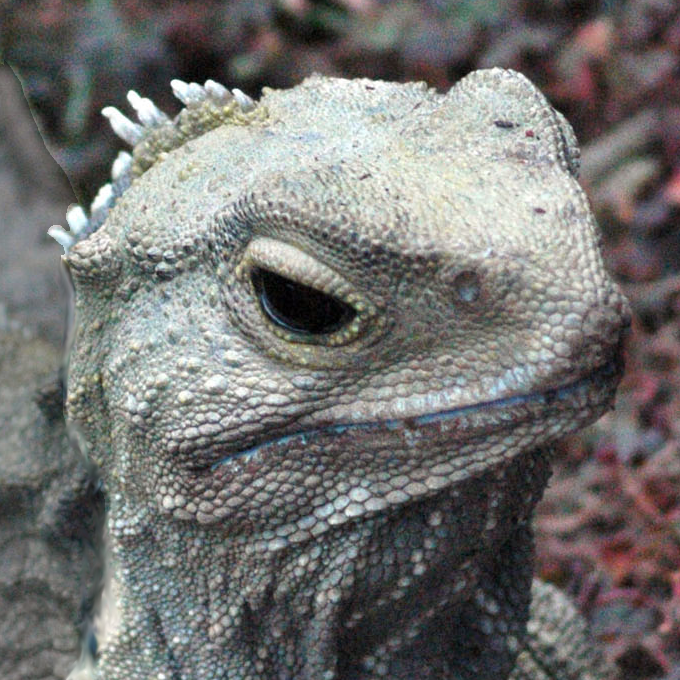Tuatara are reptiles endemic to New Zealand. Although resembling lizards they are part of a distinct lineage, the order Rhynchocephalia, which flourished around 200 million years ago. Their most recent common ancestor with any other extant group is with the squamates (lizards and snakes). For this reason, tuatara are of interest in the study of the evolution of lizards and snakes, and for the reconstruction of the appearance and habits of the earliest diapsids, a group of amniote tetrapods that also includes dinosaurs, birds and crocodilians.
Assembly
The ASM311381v1 assembly was submitted by University of Otago and Ngatiwai iwi on May 2018. The assembly is on scaffold level, consisting of 272,689 contigs assembled into 16,536 scaffolds. The N50 size is the length such that 50% of the assembled genome lies in blocks of the N50 size or longer. The N50 length for the contigs is 27,065 while the scaffold N50 is 3,052,611.
Gene annotation
The gene annotation process was carried out using a combination of protein-to-genome alignments, annotation mapping from a suitable reference species and RNA-seq alignments (where RNA-seq data with appropriate meta data were publicly available). For each candidate gene region, a selection process was applied to choose the most appropriate set of transcripts based on evolutionary distance, experimental evidence for the source data and quality of the alignments. Small ncRNAs were obtained using a combination of BLAST and Infernal/RNAfold. Pseudogenes were calculated by looking at genes with a large percentage of non-biological introns (introns of <10bp), where the gene was covered in repeats, or where the gene was single exon and evidence of a functional multi-exon paralog was found elsewhere in the genome. lincRNAs were generated via RNA-seq data where no evidence of protein homology or protein domains could be found in the transcript.
In accordance with the Fort Lauderdale Agreement, please check the publication status of the genome/assembly before publishing any genome-wide analyses using these data.
The Tuatara consurtium carried out an additional gene annotation that is displayable in ensembl as trackhub. Users can also download Tuatara consurtium annotation from this link: Consurtium Tuatara Annotation.
More information
General information about this species can be found in Wikipedia.
Statistics
Summary
| Assembly | ASM311381v1, INSDC Assembly GCA_003113815.1, May 2018 |
| Base Pairs | 4,272,214,985 |
| Golden Path Length | 4,272,214,985 |
| Annotation provider | Ensembl |
| Annotation method | Full genebuild |
| Genebuild started | May 2018 |
| Genebuild released | Dec 2018 |
| Genebuild last updated/patched | Sep 2018 |
| Database version | 115.1 |
Gene counts
| Coding genes | 17,648 |
| Non coding genes | 910 |
| Small non coding genes | 695 |
| Long non coding genes | 5 |
| Misc non coding genes | 210 |
| Pseudogenes | 776 |
| Gene transcripts | 26,946 |
Other
| Genscan gene predictions | 158,701 |
